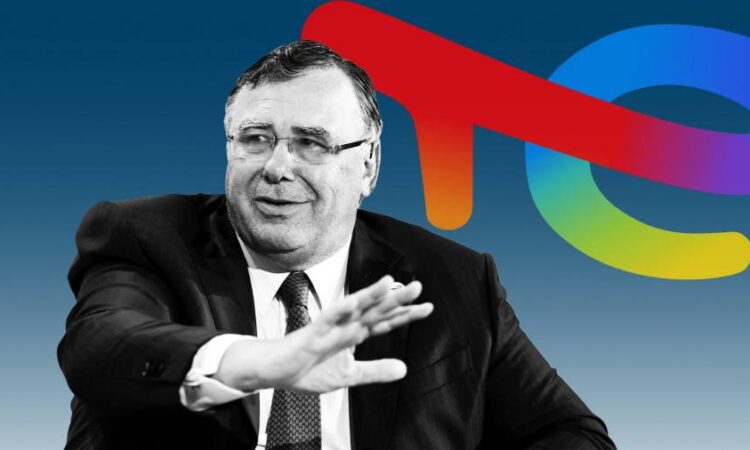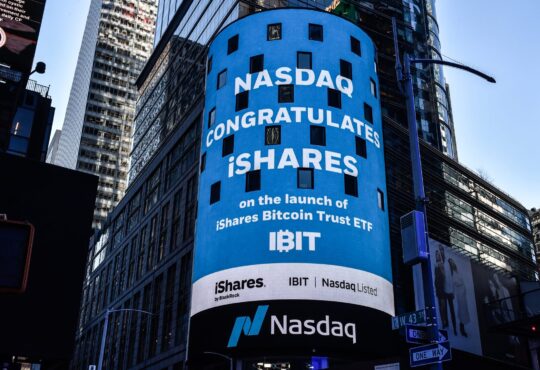
The chief executive of TotalEnergies has complained to investors that the French oil group’s valuation gap with its US-listed rivals is down to its listing in Europe, not its profitability.
Patrick Pouyanné argued in several investor meetings that while Total’s operations were as profitable as Chevron’s, the French company was trading at a discount only because one was listed in Europe and the other in the US, according to three people with knowledge of the discussions.
However the Frenchman made clear that moving the company’s primary listing to the US was not an option partly for political reasons, they said.
One top-10 shareholder said Total considered moving the primary listing to the US but realised that “culturally it was too difficult”. A second shareholder said Pouyanné took the view that “if Total was US-listed it would be much better but, of course, it is impossible for Total to move its listing so it’s not on the cards”.
The comments underline growing concerns among Europe-listed groups with global operations over the yawning gap with US-listed peers in the past years, making them vulnerable to takeover bids or prompting them to explore moving their primary listings to the US to access a wider pool of investors.
ExxonMobil and Chevron are valued at about six times their cash flow on the US market, compared with about four times for Total, about three times for BP and Shell, which are both listed in the UK.
The Financial Times previously reported that Shell’s top executives in 2021 discussed the advantages of shifting the Anglo-Dutch energy group’s listing and headquarters to the US, but they ultimately decided that Shell would leave the Netherlands and consolidate its base and stock market listing in London.
Irene Himona, managing director for oil and gas at Société Générale, said Total leaving Paris for a primary listing, while hard to imagine, could not be ruled out.
“After the Shell relocation from Holland to the UK, I personally would never say ‘never’,” Himona said. “If nothing changes, at some distant point in time something has to give: either they move voluntarily or with encouragement from activist investors; or someone really big attempts to take them over; or, at the current [rate of share buybacks], they eventually buy themselves back and go private.”
A second top-10 Total shareholder said that “there’s a bit of fatigue” among the European oil majors including Total because “they are more advanced in their climate strategy but not recognised for the transition they’re making”.
Like BP and Shell, Total has committed to transitioning from selling fossil fuels alone to also providing low or zero-carbon energy, after facing intense pressure from European shareholders to tackle climate change. Yet investors have not rewarded the green drive, and Exxon and Chevron have stuck to their oil and gas roots more and have been rewarded by US shareholders more willing to back fossil fuel companies for longer.
One adviser to the French company said there was “no way” Pouyanné — who previously held advisory and chief of staff jobs in the French government before moving into the private sector — would be allowed to move headquarters, despite his frustrations.
Total declined to comment on Pouyanné’s conversations with investors but said the US was a vital market. The company remained “convinced” it could generate attractive returns by investing in renewables and pumping oil and gas, it said.
Total was founded by the French state in 1924 and listed in Paris in 1929 but the French government retained as much as 30 per cent of the company until the early 1990s. It is now the largest energy company in the Cac 40 index.
As the US grew more central to Total’s strategy, the group listed additional shares in New York in 1991. The company is the largest exporter of US liquefied natural gas and a major investor in North American renewables, where it has 0.9GW of renewable power installed and 1.6GW under construction. About 42 per cent of its shareholders are based in the US.






